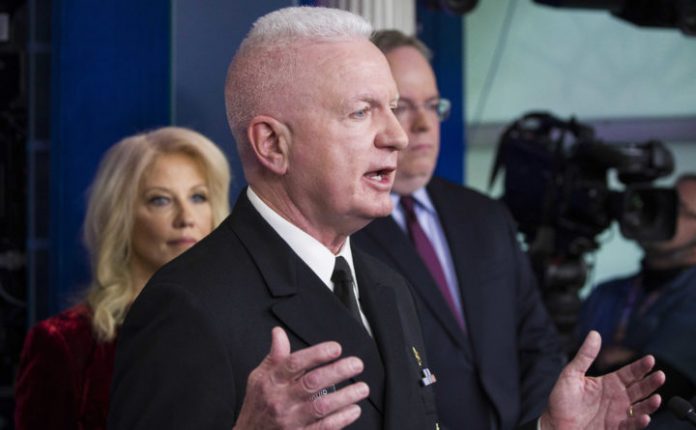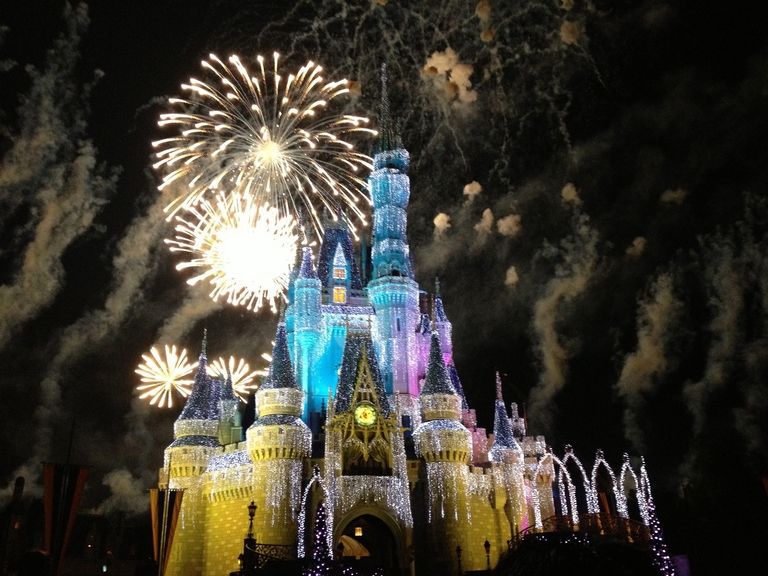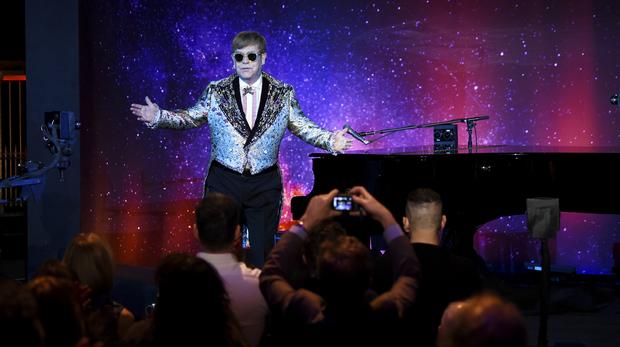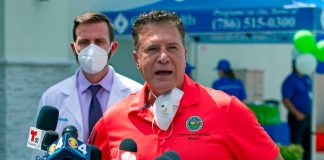President Donald Trump touted a number of new measures his administration is taking to address flaws in America’s coronavirus testing system after early missteps prevented widespread testing and hindered attempts to track how quickly the virus is spreading.
“The changes have been made and testing will soon happen on a very large scale basis,” Trump said in a pair of tweets Friday morning that also faulted the Centers for Disease Control and Prevention and the previous administration for unspecified “Red Tape.”
Among the moves the administration announced this morning: The Food and Drug administration will allow New York state to authorize public and private labs to begin testing.
The FDA will also authorize labs to run tests on Roche’s high-volume platform and create a 24-hour hotline for labs if they can’t get authorized tests, need to process tests or have issues validating a test.
The moves could allow some labs that have been processing tens or hundreds of samples a day to instead handle thousands.
“These actions today show our commitment to working around the clock to help expedite the availability of tests,” FDA Commissioner Stephen M. Hahn, M.D. said in a statement.
The administration has struggled to meet the spiraling nationwide demand for test kits and the materials needed to prepare patients samples for analysis. It has also faced growing questions from lawmakers about early mistakes at multiple levels of government.
Public health experts say that the slow pace of U.S. testing makes it hard to know how quickly the virus is spreading and has stymied efforts to contain it.
Administration officials told lawmakers yesterday that the U.S. tested about 11,000 people during the first seven weeks of the outbreak – roughly as many as South Korea is testing each day. About 1,700 people in the U.S. have tested positive for the virus.
Former FDA chief Scott Gottlieb said the “very significant” moves would increase the country’s testing capacity “by tens of thousands a day” by the end of next week. The Roche system can process up to 4,100 samples a day and returns results in three and a half hours, the company said.
Problems with U.S. testing became apparent in early February, when public health labs across the country reported that they could not validate a coronavirus test developed by the CDC. The FDA eventually approved a simplified version of the test, and authorized public health labs to create their own tests in-house.
But confusion over who should be tested and shortages of crucial materials for preparing samples have complicated efforts to ratchet up the number of people being screened.
Anthony Fauci, the director of the National Institute of Allergy and Infectious Diseases, acknowledged the ongoing problems with testing in a television interview on Friday morning. But he said that, with the growing involvement of the private sector in the testing process, “it’s going to be markedly improved.”
“The companies that generally do these kinds of tests for a living are now going to be major-league involved in getting this available to the public,” Fauci said. “Whereas before, it was mostly on the burden of the CDC as a public health organization.”













